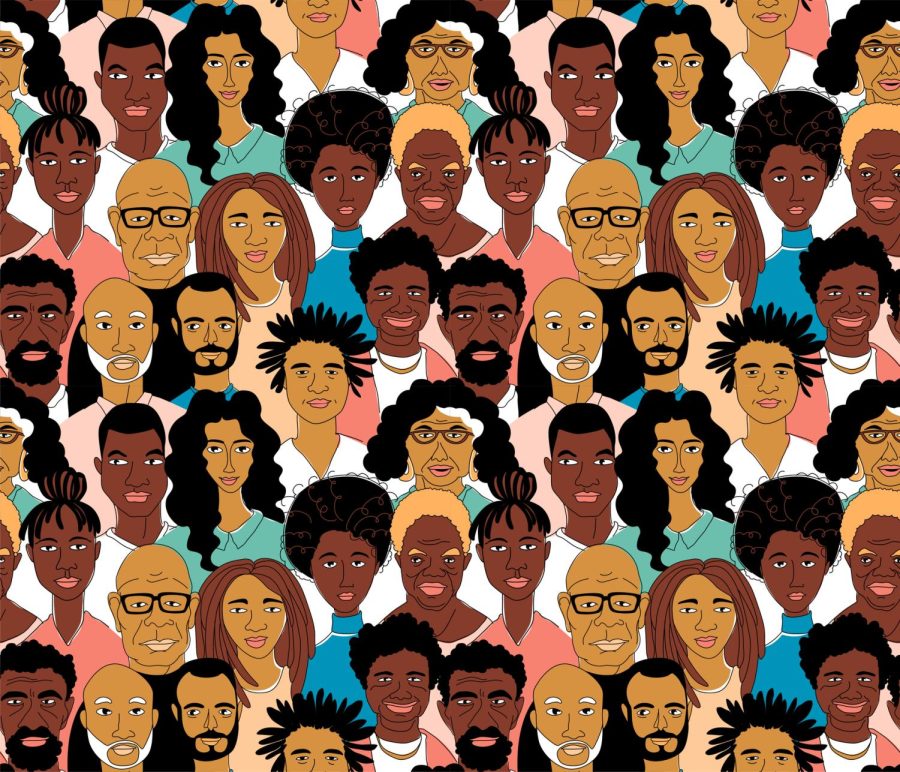Unpopular opinion: It’s time for Black Future Month
Columnist Nanette Nkolomoni believes that rather focusing on the past, Black people should focus on the future.
February 8, 2023
It’s time for Black Future Month.
“Black Future Month” is a term that I first heard used by Ye (formerly known as Kanye West) and it inspired me greatly. Last year, Ye uploaded a video on social media of himself giving a speech. In this uplifting speech he discusses Black empowerment and the need for Black Future Month. The part of his speech that left an impression on me the most is when he said, “If we wanna talk about Black history, who wrote that history for us?”
We must remember that Black history does not start and end with slavery. We are a race with so many capabilities, we should focus on advancement. It seems as though it is constantly fed to Black people that we are oppressed, and I think that this narrative is strategically put out to hold us back and leave us in a state of victimhood, when in reality we are more free now than ever before.
After doing research on the subject of Black Future Month, I discovered that Nora K. Jemisin, an author of fiction and short story novels, wrote about the concept of Black Future Month in a blog post titled “How Long ‘Til Black Future Month?” in 2013.
“As I write this, it’s February – Black History Month in the United States. Everyone jokes that of course black history gets celebrated only during the shortest month of the year,” Jemisin said. “No one seems puzzled by the fact that there is no time correspondingly devoted to examining, celebrating, or imagining the black future.”
Although this was written in 2013, it still applies today and this needs to change now.
Every single year we wait until February to review the history of slavery, oppression and Jim Crow laws. The theme for this year’s Black History Month is “Black Resistance” according to The Association for the Study of African American Life and History (ASALH). This theme is meant to shed light on Black people resisting oppression throughout history.
On Feb. 1, I received an email from the NIU Center for Black Studies informing me about events and programs taking place to celebrate Black Heritage Month. Some of the events listed included discussions about a protest that took place in the ‘30s, anti-Blackness in Latin America, inequalities in America and the civil rights movement.
My question is, how does talking about slavery, oppression and generally negative events from the past help advance Black people today? I don’t think it does. Abolitionists, civil rights leaders and their movements did great things for Black people and deserve to be acknowledged. But, do we really need to act like we’re stuck in the past? Yes, racism exists; all people can be racist, but are we still in chains? Can we still not vote? Are we not allowed to get an education? We have come so far.
Abolitionists and civil rights leaders found a way to advance Black people in their generation and others to come. But, when will WE advance Black people in our new generation?
We need to spread the importance of unity in Black communities. We need to put more emphasis on amplifying Black voices (specifically Black critical thinkers), we need to realize that we are more privileged now than in the past and use that to get further in life. Let’s acknowledge and encourage Black entrepreneurship and land ownership. Let’s secure a brighter future.













